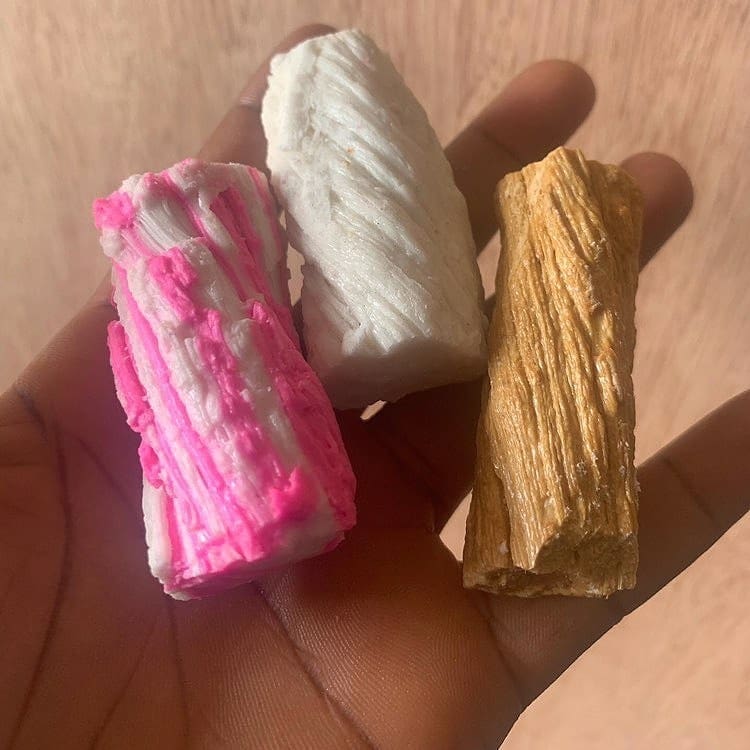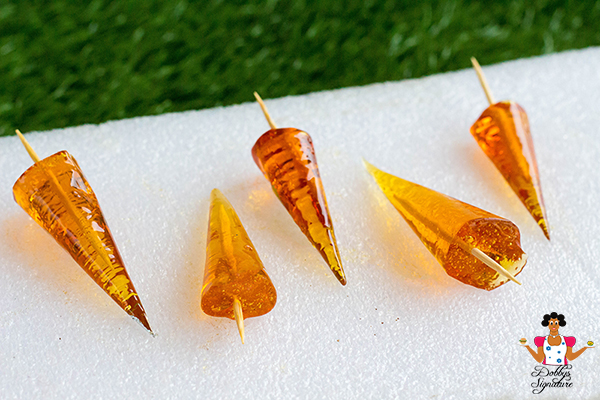Branding and rebranding’ are key to products’ sustenance and performance in today’s dynamic markets. It is so much so that there is noticeably an influx of young entrepreneurs who have made this and other promotional activities their primary occupation and apparently they are achieving appreciable degrees of successes in terms of patronage. For most thriving entrepreneurs, it is the way to go; it is not in anyway at odds with global bed practices. In the past for instance, trade in local plantain chips used to be an exclusive business of the low class-some poor petty traders mostly (mostly women) who have been compelled perhaps by poverty, lack or hunger to broke the chains of fully dependant housewifery and take to the streets to hawk the home-mode products, prepared under questionable or perhaps unhygienic conditions to a wide range of ready buyers predominant in the suburbs.

Today, the trade seems to have been hijacked by middle class entrepreneurs who have only rebranded the products in what is popularly referred to as ‘packaging’. They have doused every aorta of doubt as to the level of hygiene associated with the preparation of these food products especially as expressed by the upper class, by obtaining NAFDAC approval, produced in large quantities to reduce overall production costs which in turn lowers sales price as well as secure a fat market share, formulate and implement creative strategies to drive market performance and spread tentacles into neighbouring markets. The once so called ‘poor-man-food’ now appeals to even the highest class in the society and has become a potential export commodity and the popularly known ‘poor-man-business’ continues to make millionaires of some ordinary people.

In the light of this, there still exist a wide range of local food products waiting to join the scarce’ list currently in the market; that also contains the popular’poundoyam’. They seek smart minds to bring them to the limelight.
Food-line entrepreneurs especially those based in typically residential areas where there are huge market potentials can begin to look in this direction as a viable investment option. A bit of face-lift on a chosen local product can provoke enormous public acceptance as well as improve the financial-life of an investor forever. It’s the same way ‘nylon (ice) water’ (initiated by the low class), then ‘bottle water’ to dispensable water’ and more recently the proposed ‘packet water’; with packs made from eco-friendly materials. It’s the same water, just different packaging. Now, there is a long list of investors in this product sector including the billionaires.
Babadudu and Balewa are a duo of locally – manufactured sweets begging not to go extinct especially in our urban and sub-urban areas. Until the end of the 90s, most metropolitan kids in this part of the world were very fond of these sweets, even adults not only because they came cheap and had great taste but also because they were readily available. You don’t have to travel miles to get them in your mouth. Nowadays, it’s the opposite. Every day they crave to be just as appealing to the newer generation as the foreign sweet flooding our markets but to no avail. They promise to make multi-millionaires out of anyone who invest in their branding and large commercial production; but we all seem to respond by showing blind eyes; instead we go fishing for some high-risk businesses always posing as ‘golden opportunities’. If the volume of sweets imported into and consumed in this Country yearly is anything to go by, then the words of voyagers to Nigeria who claimed that ‘money is everywhere on our streets, yet we just aren’t seeing them’ may be true. An investment in the rejuvenation of indigenous products would not only create jobs and wealth, it would also increase GDP and made- in- Nigeria.
Insightnaijatv




















